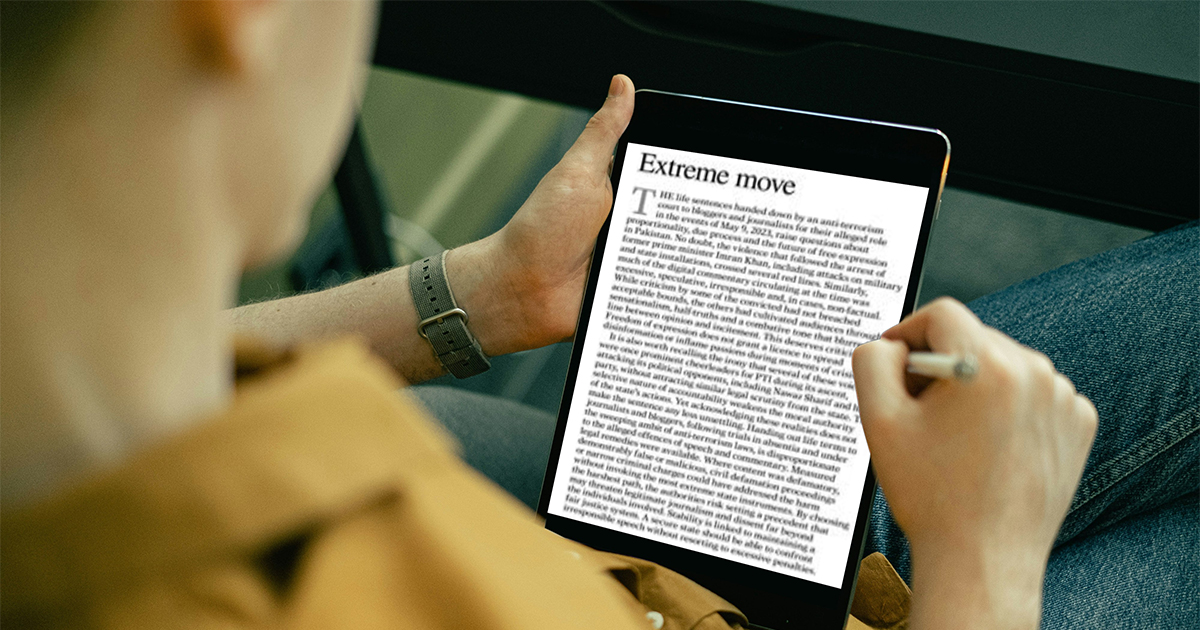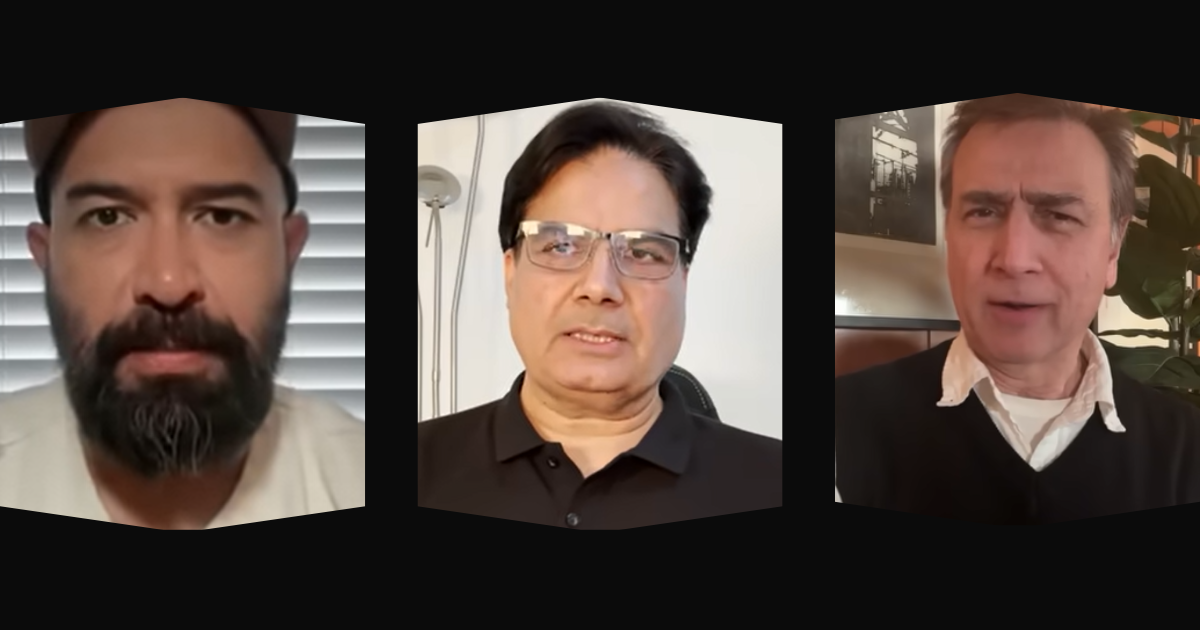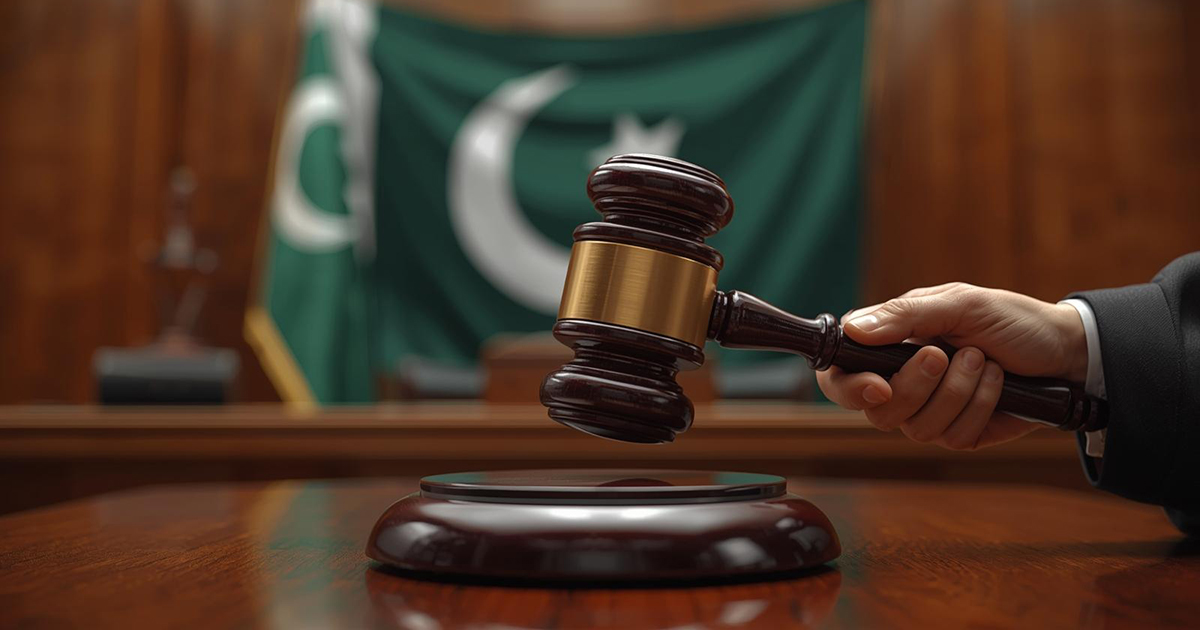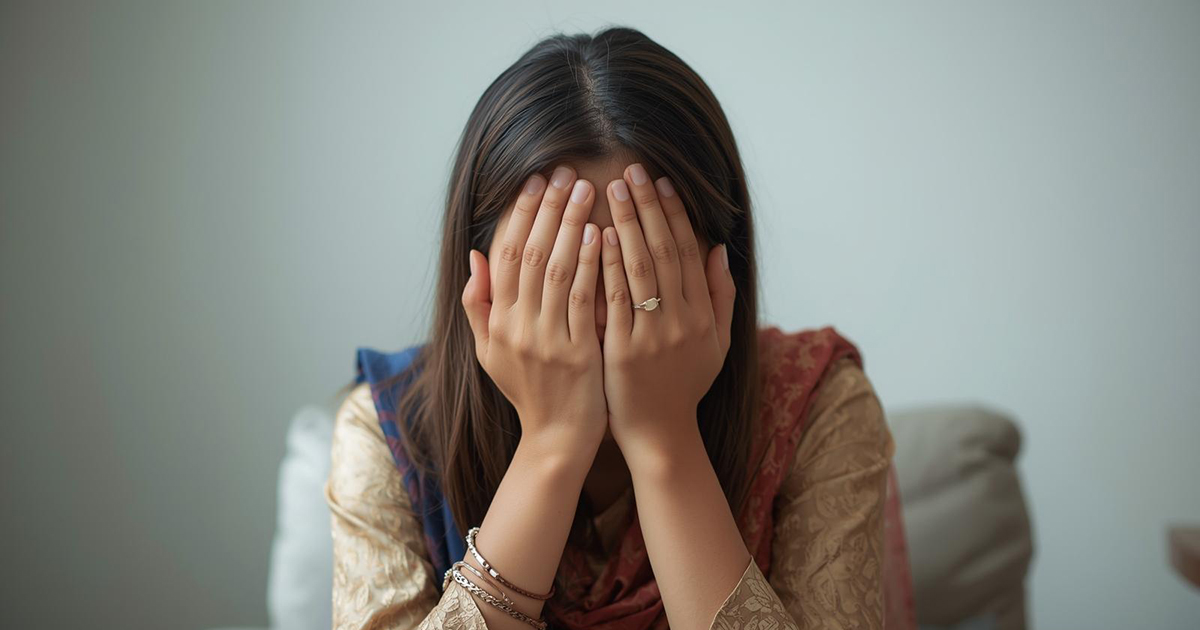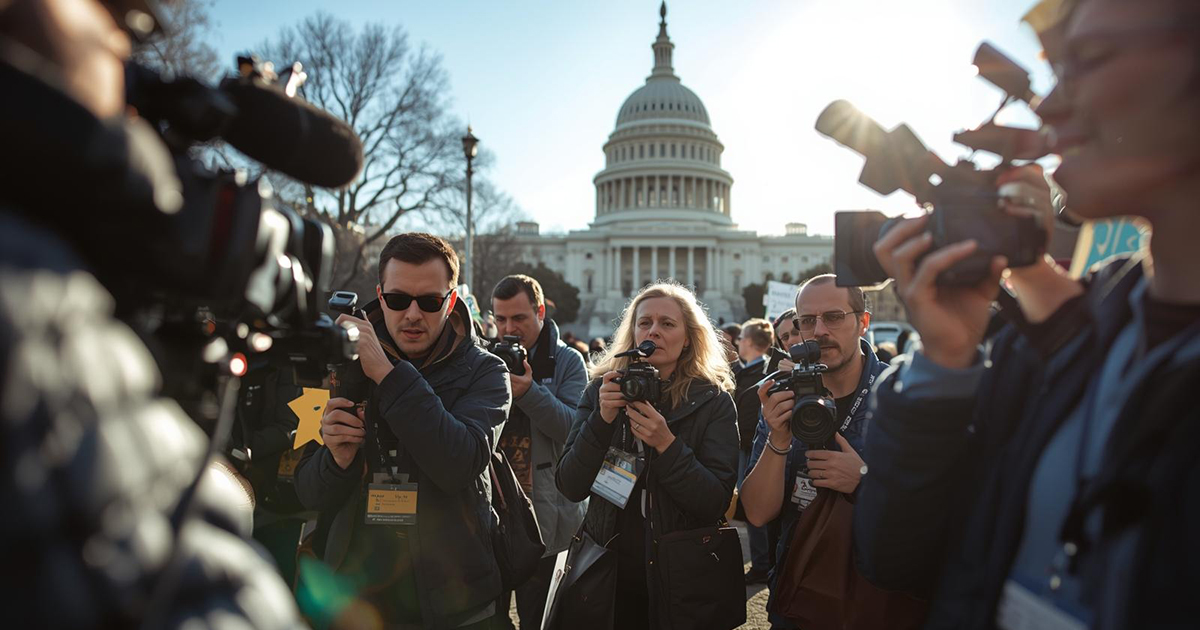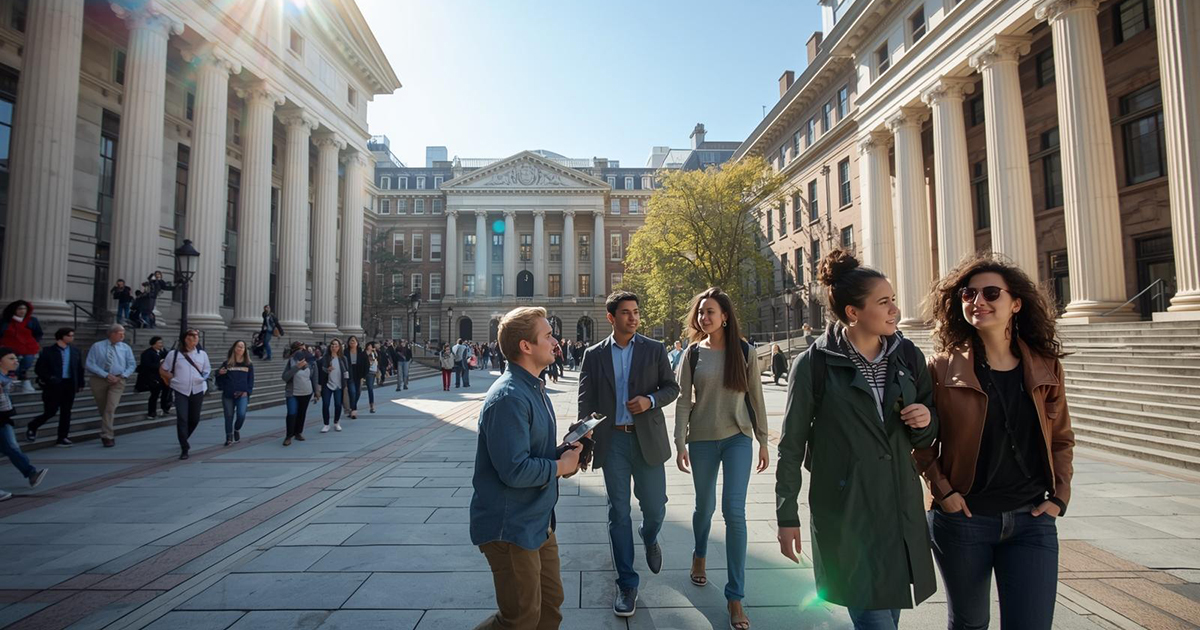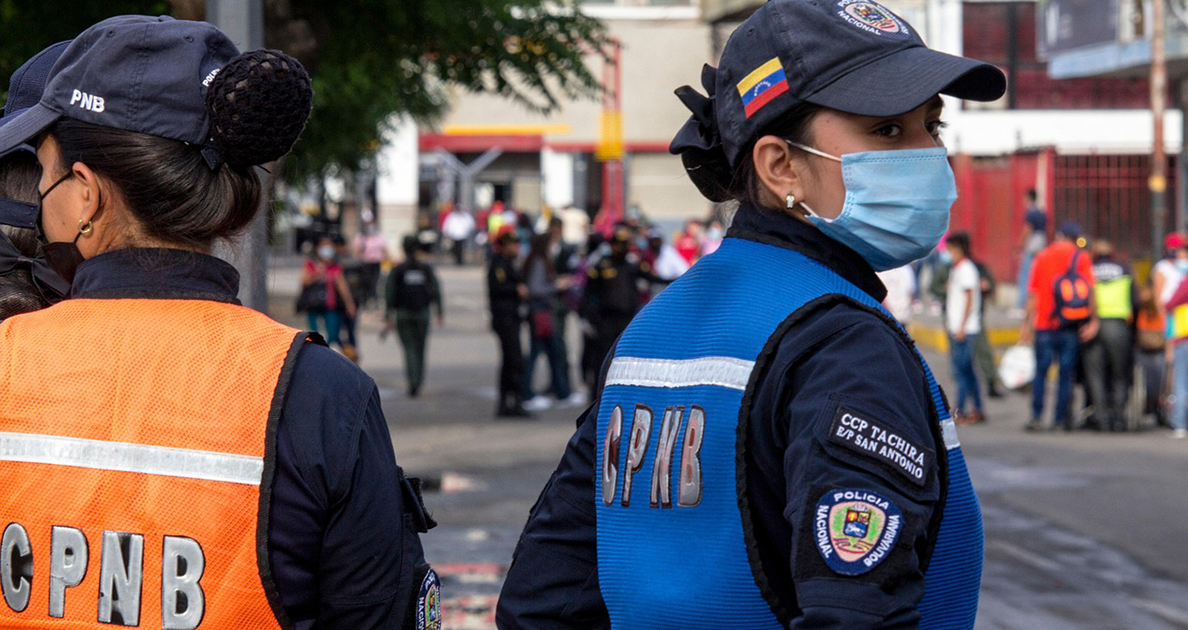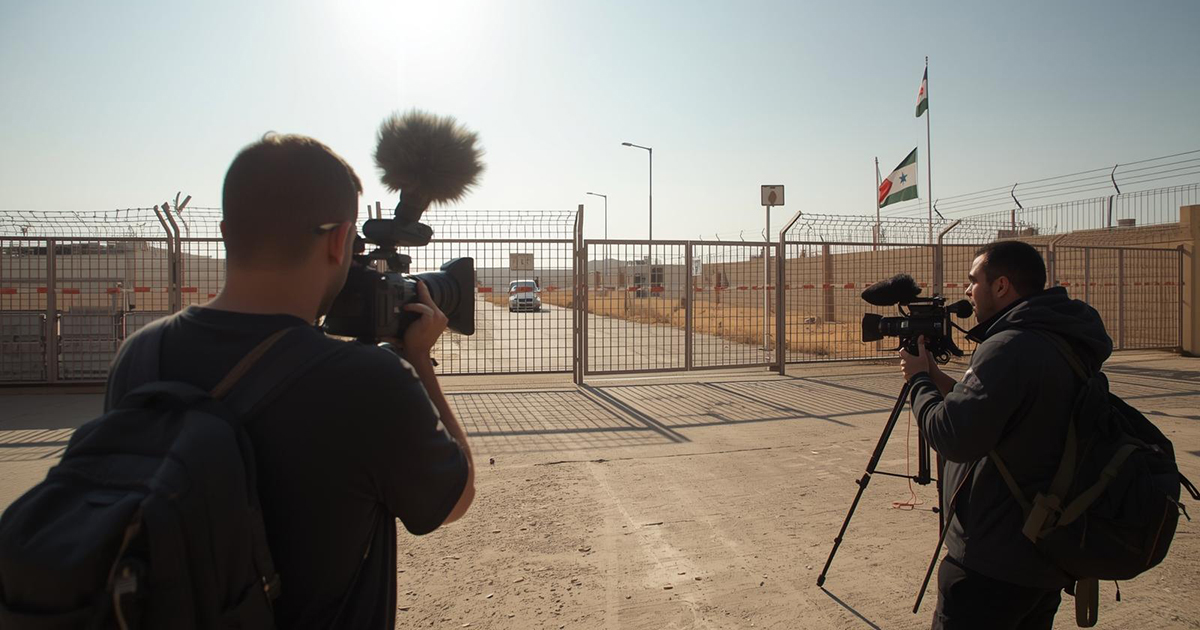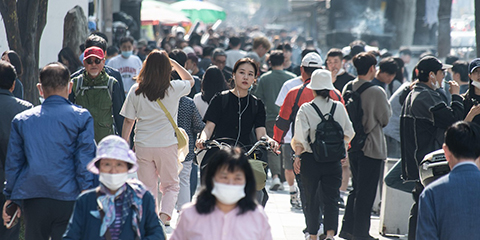CPJ calls for lifting ban on social media in Indian Occupied Kashmir
JournalismPakistan.com | Published: 27 April 2017
Join our WhatsApp channel
The Committee to Protect Journalists has called for the Indian government to revoke a one-month social media ban in Jammu and Kashmir. This order affects access to 22 platforms, hindering journalists and free expression in the region.Summary
NEW YORK - Indian officials in the state of Jammu and Kashmir should immediately revoke a one-month ban on access to social media services, the Committee to Protect Journalists said Wednesday.
The order, announced Wednesday, directed all internet service providers to block users’ access to 22 platforms, including Facebook, Twitter, Snapchat, WhatsApp, and YouTube, according to local reports.
The order from the Home Department of the state government said it was in “the interests of peace and tranquility in the state” and that social media was “misused by anti-national and anti-social elements.”
R.K. Goyal, the principal secretary who signed the order, could not be reached by phone and did not immediately respond to an email.
“The sweeping censorship of social media under the pretext of ‘maintaining peace and order’ will bring neither peace nor order,” said Steven Butler, Asia Program coordinator at CPJ. “Such broad censorship clearly violates the democratic ideals and human rights India purports to uphold.”
The state has been the site of renewed protests since Indian government forces killed a separatist leader in July. Eight people were killed when protesters fought with police during a by-election earlier this month. The order comes after a spate of videos purportedly showing Indian soldiers committing human rights abuses spread widely on social media. In one such video, a Kashmiri man is seen strapped to the front of an army jeep as a human shield.
The government has blocked access to the internet and mobile services in Jammu and Kashmir to prevent demonstrations before, according to The Associated Press. According to a 2016 report from the U.S. think-tank the Brookings Institution, India blocked access to the internet in various regions in an attempt to prevent demonstrations 22 times from July 1, 2015, to June 30, 2016, more often than did Syria, Pakistan, and Turkey combined.
The censorship of social media was instituted because India “has completely lost control” in Kashmir, Hilal Mir, editor of the independent newspaper the Kashmir Reader, told CPJ. He credited the videos’ wide circulation on social media for pushing the government to open inquiries into soldiers’ conduct.
Mir told CPJ that the order to block access to social media would make it more difficult for journalists in the region to do their jobs, as they regularly use social media and platforms like WhatsApp to communicate and to report. He said that mobile phone data service had also been shut down, and worried that the censorship of social media might presage aggressive censorship of the traditional news media.
The Kashmir Reader was among the publications state authorities censored in July 2016, amid a government-imposed blackout of mobile data services, CPJ reported at the time. – Committee to Protect Journalists
KEY POINTS:
- Indian officials imposed a one-month social media ban in Jammu and Kashmir.
- The ban targets 22 platforms, including Facebook and Twitter.
- CPJ argues the ban violates democratic ideals and human rights.
- The region faces renewed protests following the killing of a separatist leader.
- Censorship affects journalists' ability to report and communicate effectively.






